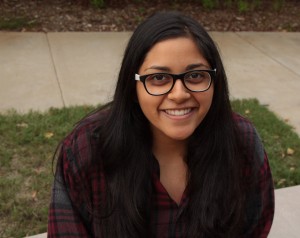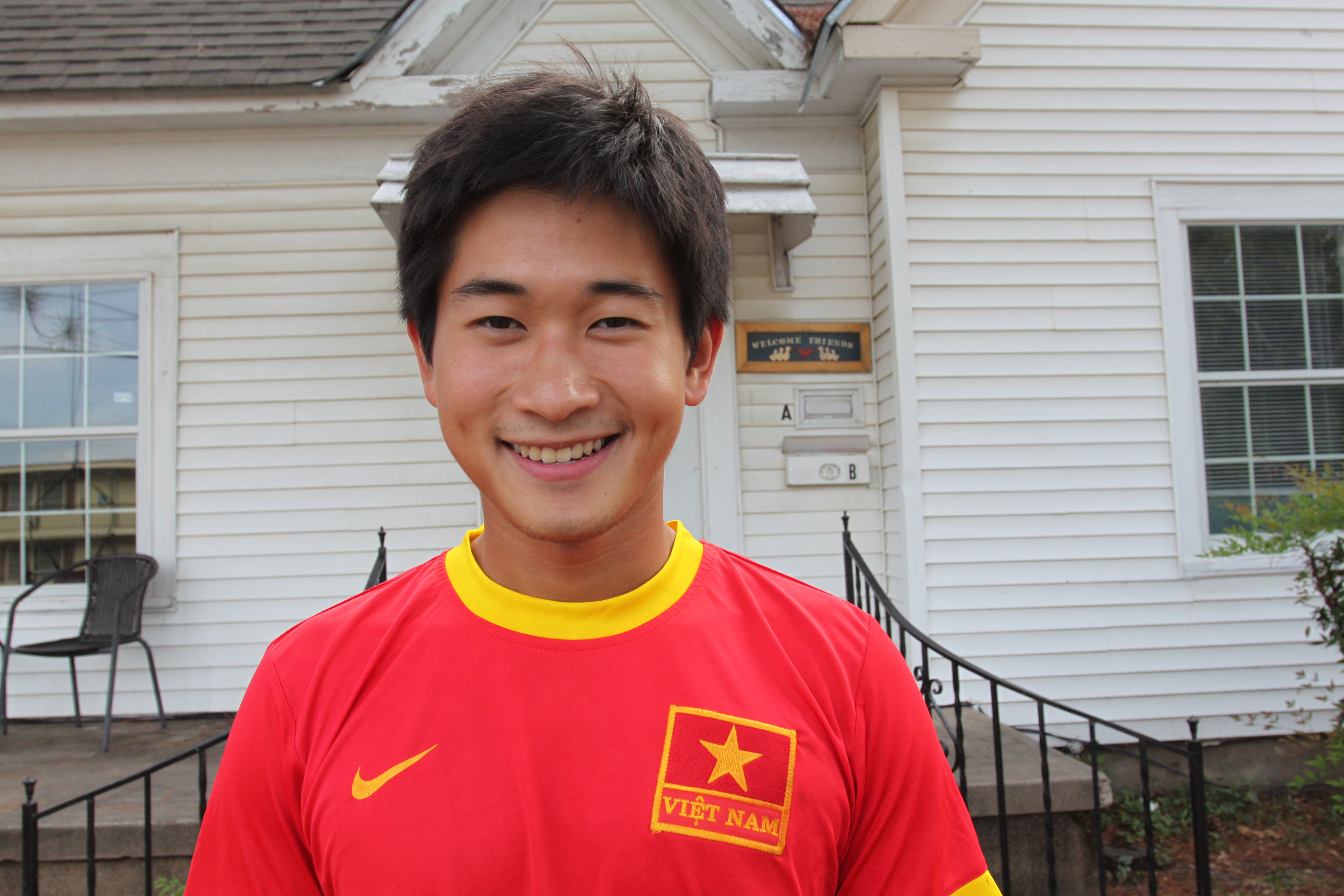Story by Kelsey Dehnel
Imagine leaving your entire life behind, everything you know, to attend school in a different country. You go from being with your family and friends every day to being surrounded by strangers and strange things.
When people immigrate to America, they sometimes struggle to assimilate into American culture. Many face stereotypes and prejudices when they first come. The cultural differences between America and other nations can seem significant upon arrival to a new place.
Jessica Abraham was born in Kodaikanal, India, and is a junior at Baylor. Not only were her family values tremendously different from those which are common in America,but the way she dresses reflects the environment she was raised in. Abraham grew up in a culture where dressing modestly is seen as a simple sign of respect. Moving to America, she thought girls would dress differently, but says she wasn’t prepared for some of it.

“I knew girls did wear shorter stuff, but nights where there were parties, it was kind of shocking to see what some girls were wearing,” she said.
Bill Nguyen followed the same mindset that Abraham had coming to America. Nguyen was originally born in Hanoi, Vietnam, and moved to America in 2009.
Tony Lupieri, born in Zagreb, Croatia, was also shocked about the way Americans dress.
Along with the shock of the amount of clothing American girls wear, came an expected stereotype that Abraham said she believes is true.
“A lot of people think Americans are ignorant and that’s something that’s been confirmed,” she said.
There have been multiple occasions in her experience at Baylor that have upheld that stereotype.
“One time a girl asked me if India had schools, and I was like, ‘It’s taking every bone in my body to not punch you in the face,’” Abraham said.
Abraham is able to find a great deal of humor in the lack of knowledge of a few Americans. “Another girl asked if I rode an elephant to school, and I was so done that I was just like ‘No, I don’t, but do you know someone that does and can I have his number? I’d love an elephant!’”
Abraham said one of the things she expected was more freedom when it comes to everyday life. There is a lot less discipline in American families compared to how it is in India, she said.

On the other end of the spectrum, Lupieri said parents in America have a lot more say in their kids’ lives than in Croatia.
“I feel like people here, their parents are making decisions for them all the time, even small decisions,” Lupieri said.
While there may be less discipline when comparing India to America and more parent involvement when comparing Croatia to America, overall there is an equal amount of culture shock for Lupieri and Abraham. Lupieri moved to America in January of 2013 and is now a senior at Baylor. He grew up in a comparatively liberal environment, so the move to Waco was a huge shock for him, he said.
“[I] didn’t know that American people were so religious,” Lupieri said. “Some people are not going out, some people don’t drink. In Europe that’s just funny.”
Even though Lupieri had a bit of a difficult time adjusting to a more conservative environment, he said people around him have made it easier.
“You guys are very polite,” Lupieri said. “You really care about making people around you feel good.”

Nguyen, on the other hand, said that Americans are less family-oriented and more individualistic. In Vietnam, it is common for grandparents to live with the family, but he doesn’t see that in America.
Nguyen said Americans have a different mindset than Vietnamese people.
“Americans are a lot about money, really wealth-minded,” he said. “People are rich and being rich is a good thing. People praise rich people.”
“In Vietnam, college is viewed as a really academic time, but for me, college has been that as well as community time and finding out what I want to do and what I don’t want to do in the future.”
Despite the occasional culture shock and ignorant comments from Americans, Abraham, Lupieri and Nguyen said they are happy with their decision to come to America. While there are times the transition could have been made much easier by Americans, they all said this is where they’re supposed to be for now.

